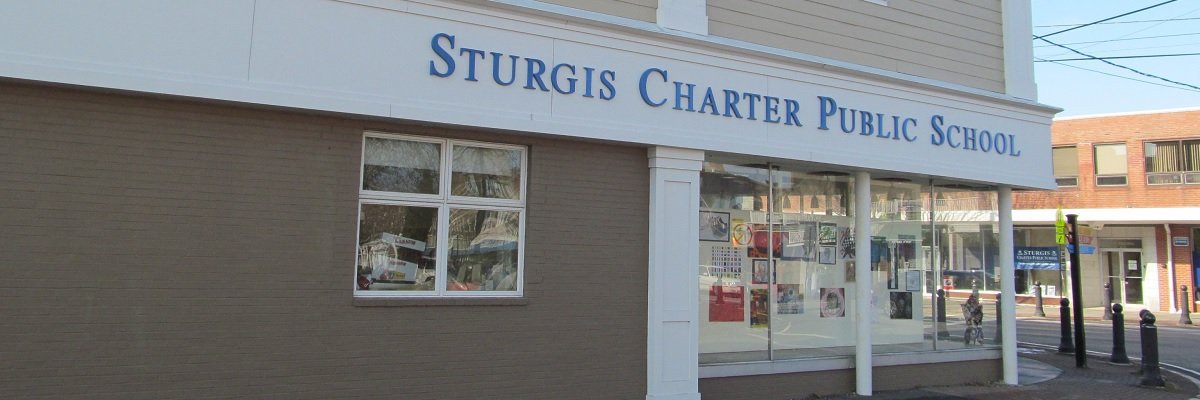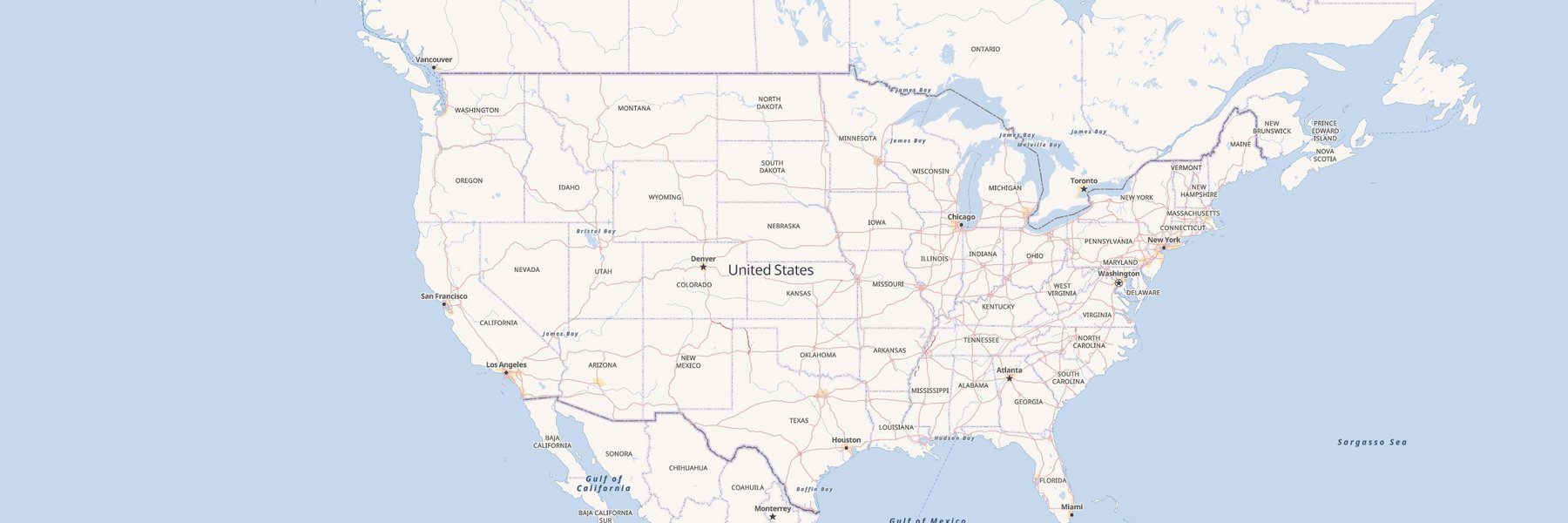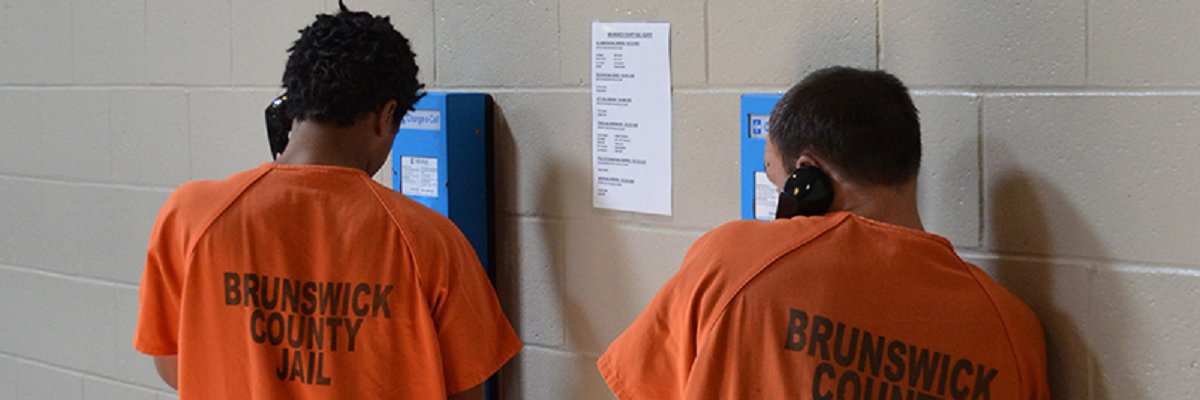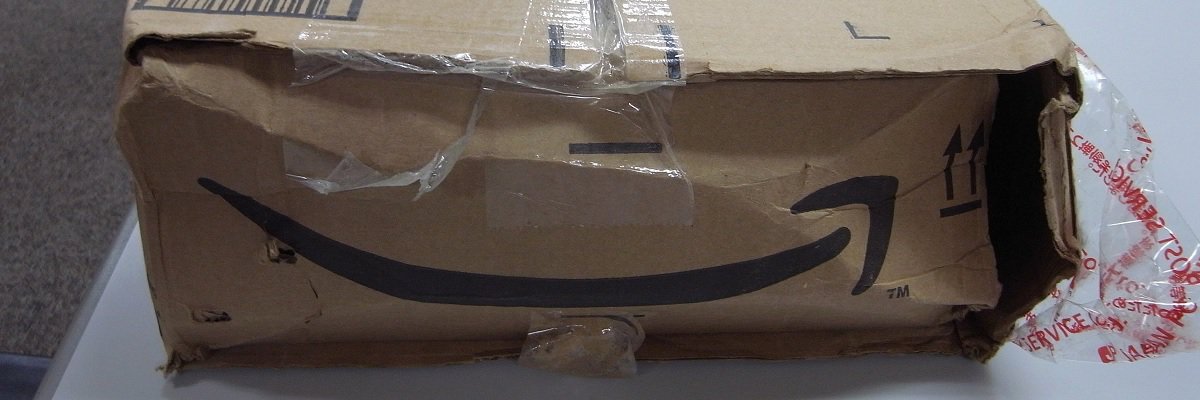The old adage “school sucks” is - in a more diplomatic form, perhaps - ubiquitous in the American educational landscape right now, where parties on all sides are in agreement over public school systems’ persistent failures to successfully engage and prepare all students, from coast to heartland to coast, for a healthy and productive adult life.
Some help seems to be available in the form of charter schools, or, relatedly, voucher programs, which both use public funds, either for all of their operations, in the case of the former, or as part of the private tuition, as happens via the voucher program. While the use of charter schools has been climbing in the last decade, the current administration’s Secretary of Education Betsy DeVos has been vocally in favor of voucher funding for private school educations, an endorsement of “expanding school choice” that has found a $250 million place in the 2018 federal budget.

The shifting focus from improving our country’s public schools to relying on privately-run schools as a potential savior, has caused its share of anxiety for educators and the educated who remain in a public system without its full funding force and little structural optimism in its future.
One source of public accountability in these cases, as students and money migrate to new schools, is in the form of public records requests.
Charter schools are typically considered subject to public records laws as standard public schools are.
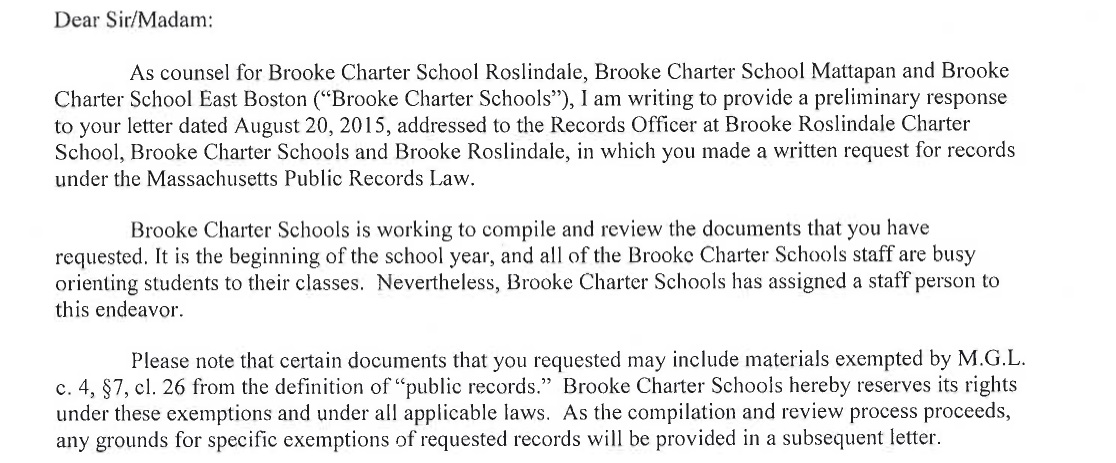
Private schools, however, are not so immediately subject, and while something like Family Educational Rights and Privacy Act applies to protections at private schools receiving certain federal funding, it isn’t clear whether private schools receiving voucher funds will need to provide the same access and reporting as their public counterparts. In particular, religious schools that have normally been excluded from certain governmental funds occupy a grey area in implementation.
In the 17 states where a tax-credit based voucher system is in place, funding and related accountability has been stymied by the programs overlap with tax-based privacy protections; some critics believe that using the protections afforded by voucher-type “school choice” programs provide wealthy donors a way to milk charitable deductions and taxes.
As the public education system increasingly incorporates private and alternative forms of funding, purportedly with the goal of improving student learning, let us know about access and accountability issues in your area at info@muckrock.com.
Image by John Phelan via Wikimedia Commons and licensed under Creative Commons BY 3.0.
